The Imperial Palace
The Palace Museum in Beijing was the imperial palace of the Ming and Qing Dynasties, formerly known as the Forbidden City, located in the center of the central axis of Beijing, is the essence of ancient Chinese Palace architecture. The Palace Museum in Beijing is centered on three main halls, covering an area of 720,000 square meters, with a construction area of about 150,000 square meters. There are more than 70 palaces of different sizes and more than 9,000 houses. It is one of the largest and most well preserved wooden structures in the world.
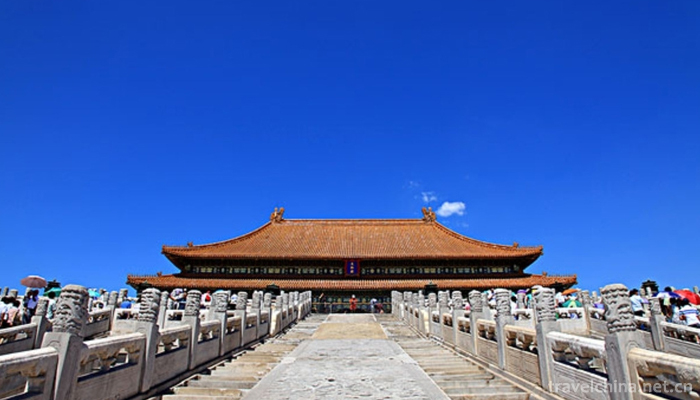
The Palace Museum in Beijing began construction in the fourth year of Yongle (1406), with the Nanjing Palace Museum as the blueprint, and was completed in the eighteenth year of Yongle (1420). It is a rectangular city, 961 meters long in North and south, 753 meters wide in East and west, surrounded by 10 meters high walls, outside the city has a 52 meters wide moat. The buildings in the Forbidden City are divided into two parts: the outer court and the inner court. The center of the foreign dynasties is Taihe Hall, Zhonghe Hall, Baohe Hall, collectively known as the three halls, is the place where the state held major ceremonies. The center of the palace is Qianqing Palace, Jiaotai Palace, Kunning Palace, collectively known as the Hou San Palace, is the main palace where the emperor and empress lived.
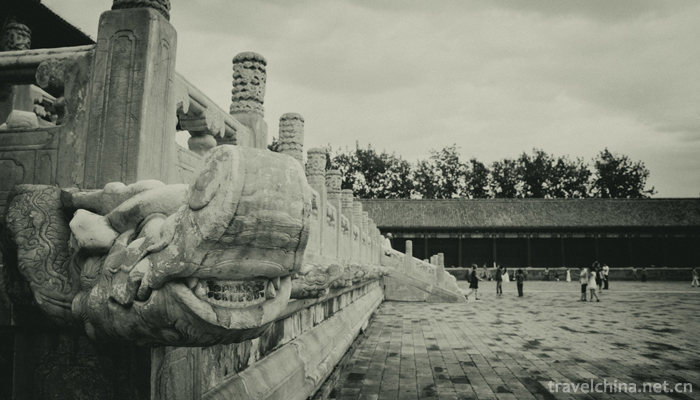
Beijing Palace Museum is known as the world's top five palaces (Beijing Palace, Versailles Palace, France, Buckingham Palace, the United States White House, the Kremlin Palace in Russia), is the national AAAAAAA class tourist attractions, 1961 was listed as the first national key cultural heritage protection units, 1987 was listed as a world cultural heritage.
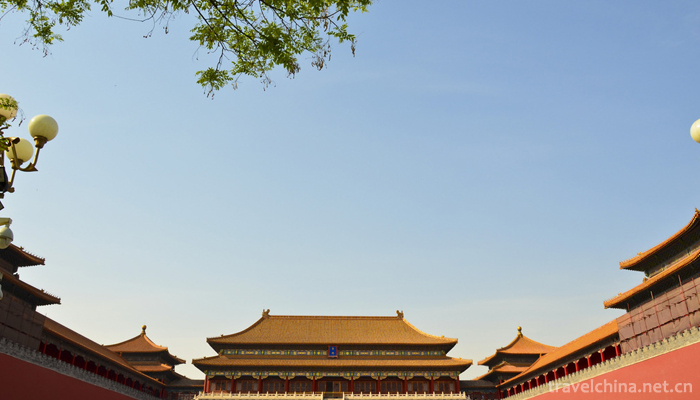
From January 2012 to June 2018, the Imperial Palace received 100 million visitors. From 2019, the the Imperial Palace will try to sell tickets in different periods. In September 3, 2018, the Yangxin Hall of the Imperial Palace officially entered the implementation stage of the research and protection of ancient buildings.
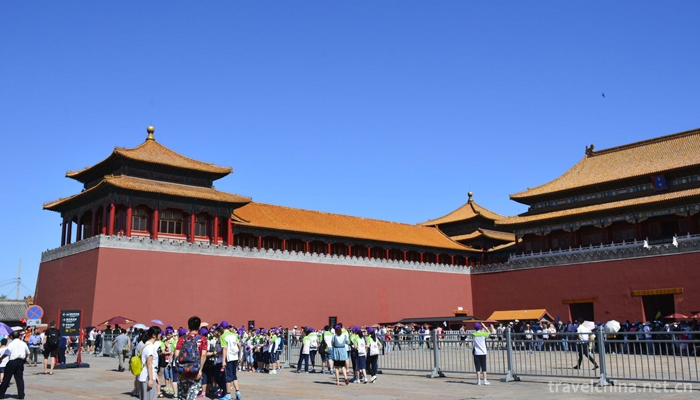
More pic
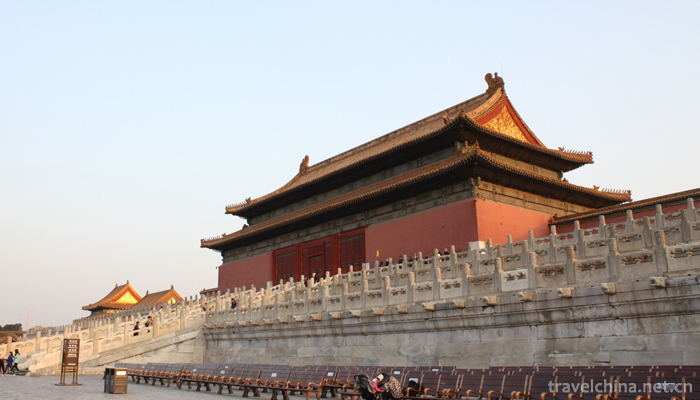
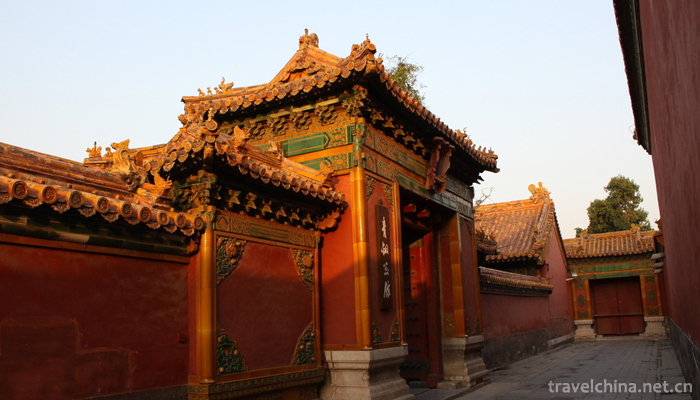
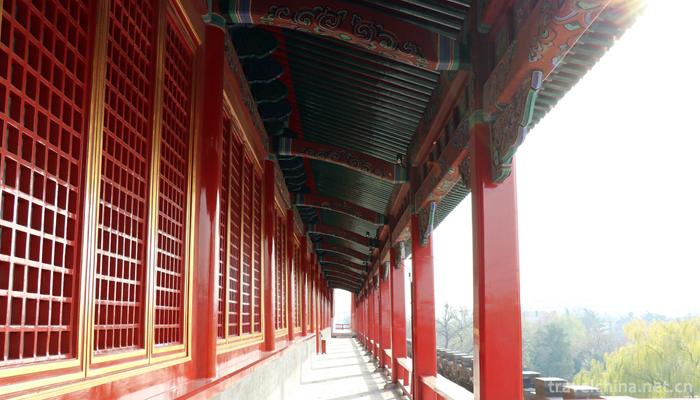
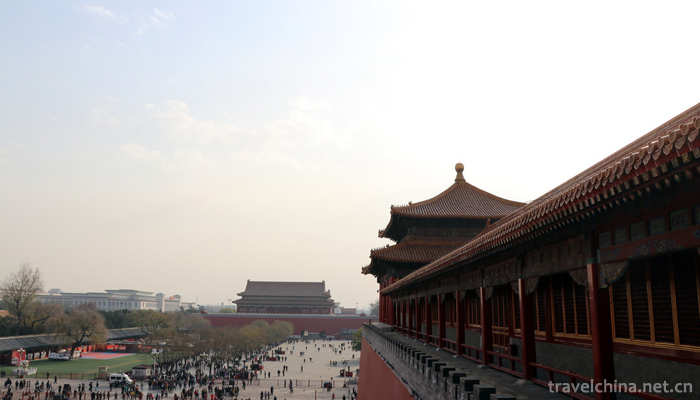
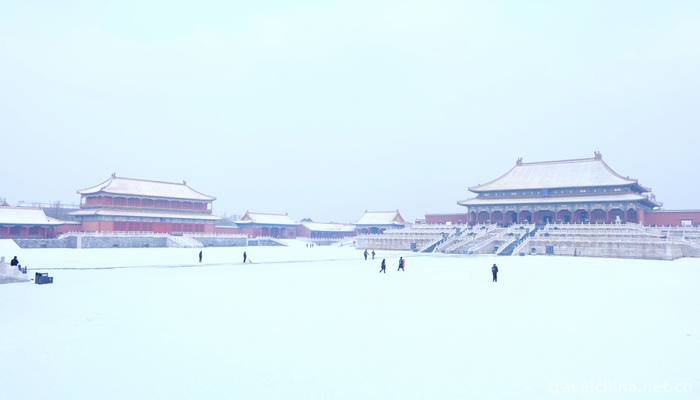
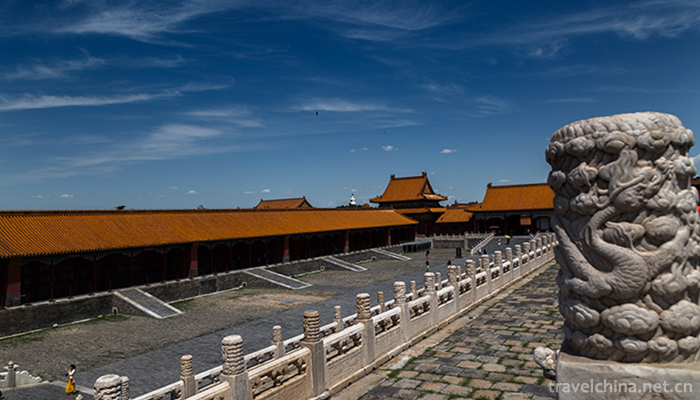
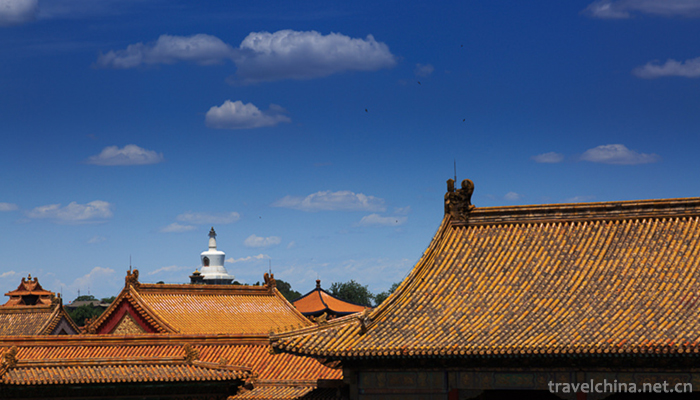
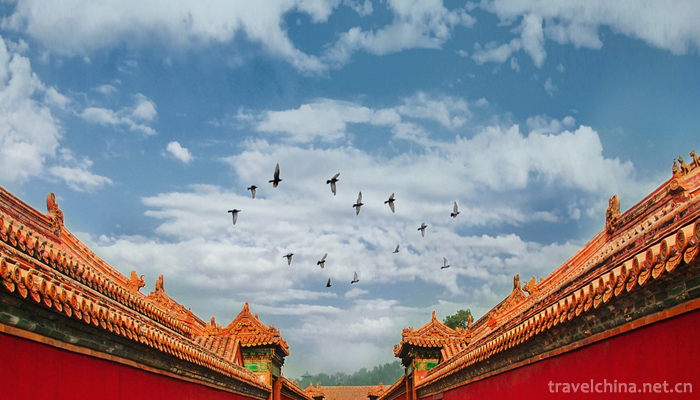
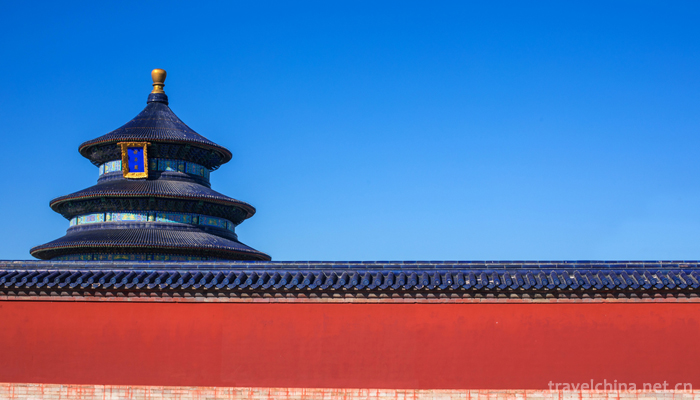
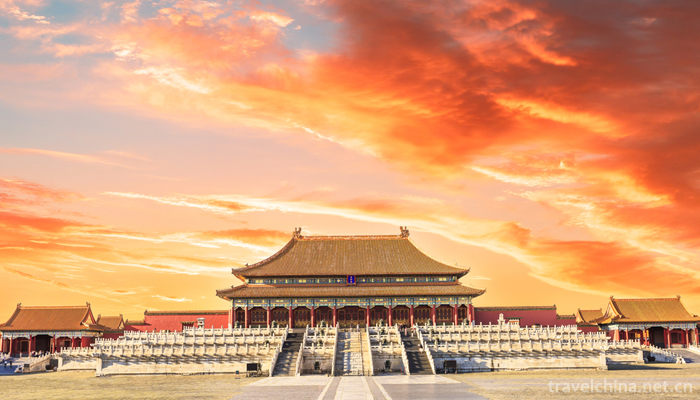
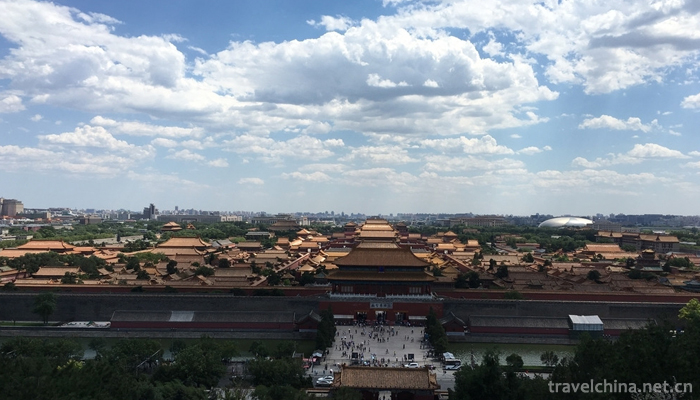
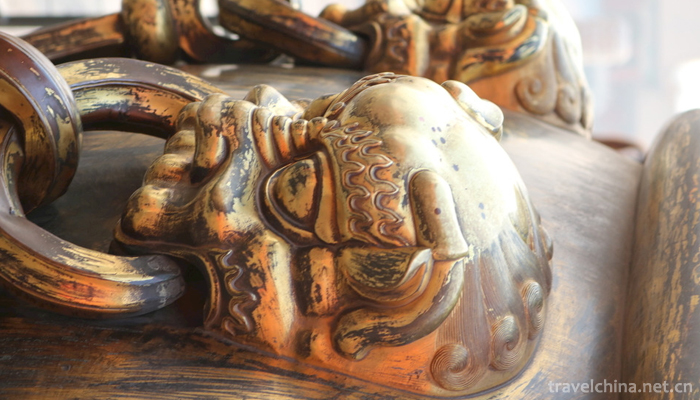
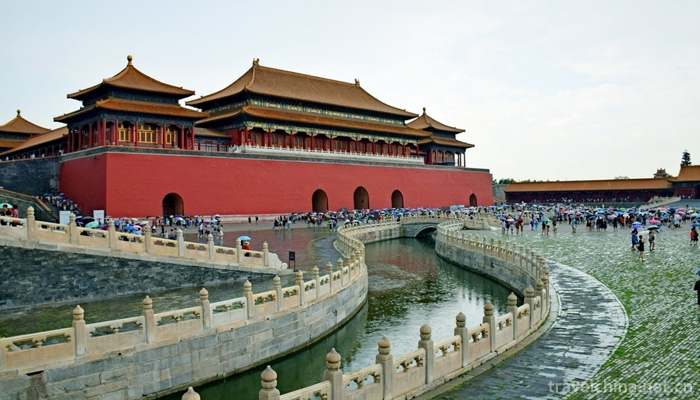
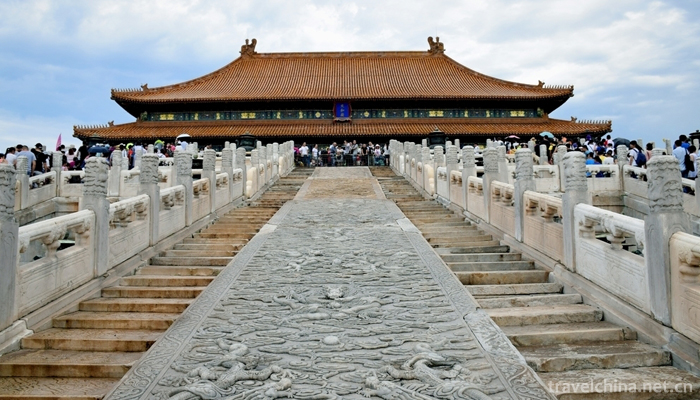

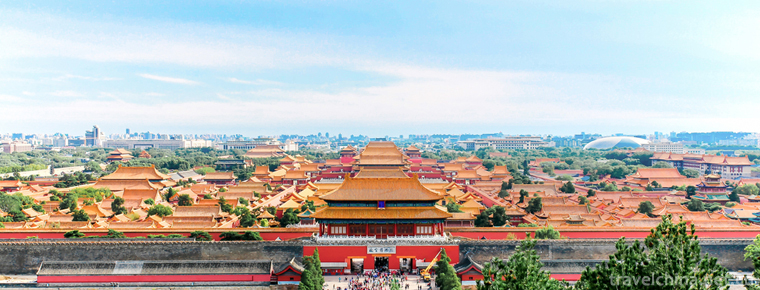
-
1.Shishi Sacred Heart Cathedral
Guangzhou Shishi Sacred Heart Cathedral is located in Yide Road
Time 2018-10-12 -
2.National Palace Museum Taipei
Taipei national the Imperial Palace Museum, also known as the Taipei the Imperial Palace and Zhongshan Museum. It is one of the three major museums in China and one of the largest comprehensive museum
Time 2018-10-12 -
4.Mupa Mipa
Mupa Mipa, a local traditional folk literature in Simao City, Yunnan Province, is one of the national intangible cultural heritage.
Time 2018-12-15 -
5.China Ceramic Museum
The China Ceramic Museum is located in the Cultural Square in the center of Zibo City. On the basis of Zibo Exhibition Hall in April 2001, it was transformed by large-scale investment
Time 2018-12-22 -
6.Chaya Mountain Scenic SpotTime 2019-01-04
-
7.La blun Temple
Labrang Temple is one of the six main monasteries of the Gelug Sect of Tibetan Buddhism. In 1982, Labrang Temple was listed as one of the key cultural relics protection units in China
Time 2019-01-29 -
8.Tianjin Water Park
Tianjin Water Park, formerly known as Qinglongtan, as a scenic resort, can be traced back to the beginning of the last century. It was officially opened to tourists on July
Time 2019-02-21 -
9.Traditional drama
Chinese drama mainly includes opera and drama, and opera is the traditional Chinese drama. After a long period of development and evolution, Baihua Garden of Chinese opera has gradually
Time 2019-04-21 -
10.Song Album
"Dongshan Song Book" was introduced from Chaozhou, Guangdong Province, in the Ming Dynasty. Its tunes were constantly changing in the singing of folk singers and gradually assimilated
Time 2019-04-30 -
11.Wool Textile and Rolling Techniques
Flower felt is the most popular among all ethnic handicrafts in Xinjiang, and it has a long history. Felt caps from the 1st to 3rd centuries A.D. are among the cultural relics unearthed at Lop Nur Lou
Time 2019-05-25 -
12.Tamdrin Dingzhen
Zhaxi Dingzhen (Chinese Name: Ding Zhen), born in 2000, lives in Litang County, Ganzi Prefecture, Sichuan Province.
Time 2020-12-01